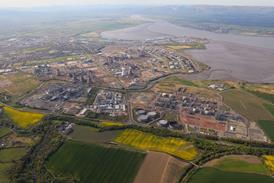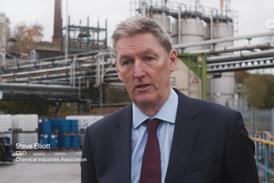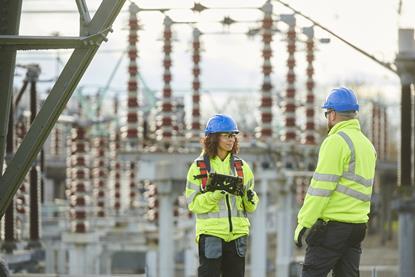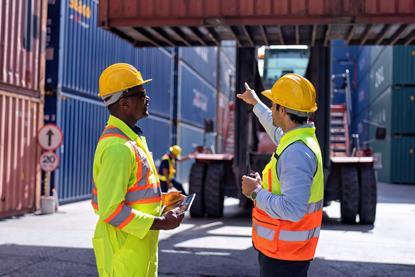- Home
- About
Economic Reports
The CIA gathers industry insights through a quarterly business survey to advocate for our members’ interests with policy makers, regulators and other stakeholders.
Read more
- Our focus
CIA Sustainable Health Metrics Tool
Use our Sustainable Health metrics to drive continuous improvement and foster a sustainable, healthy workplace.
Read more
- The Chemical Industry
The Chemical Industry
The chemical and pharmaceutical industry is fundamental to modern society. With an immense variety of products, from vital medicines and foods, the construction of buildings, to transport and leisure, the industry truly does have an impact on virtually every aspect of our daily lives.
Read more
- Events
- News
- Become a member
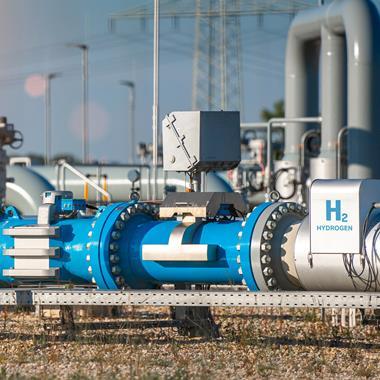
A net zero transition that creates UK business opportunities
The industry is not just a contributor but is a vital part of advanced manufacturing supplying the advanced materials used in clean energy generation and storage, life sciences, the future of mobility and AI and the data economy. However, the barriers to transition must be overcome jointly, particularly for energy intensive, trade exposed sectors like chemicals that compete internationally for inward investment. The past three decades have seen the UK chemical industry reduce its greenhouse gas footprint by over 80%, predominantly through fuel-switching, emission abatement and energy efficiency, but also through loss of production.
Now the task for the next three decades is transforming how we produce and what we produce, all whilst remaining globally competitive. Not only will we need access to plentiful and competitively priced alternative energy sources – such as low carbon electricity and hydrogen – we will also need carbon capture and storage infrastructure to remove the emissions that result from chemical reactions during production. On top of this, we will need to reduce the use of non-renewable resources as feedstocks and deliver materials that can be recycled.
- Commit to growing and simplifying programmes that enable net zero action, such as the Industrial Energy Transformation Fund (IETF). In particular there should be more stability in funding schemes with less tendency to regularly change methodology.
- Push forward with all cluster projects as and when they are ready to implement, along with a plan to support dispersed sites, so no part of Britain is left behind.
- Deliver a long-term and stable carbon market policy, coupled with effective carbon leakage mitigation measures to allow UK manufacturing to compete during the transition to net zero. Central to this will be a UK Emissions Trading Scheme and a Carbon Border Adjustment Mechanism that allow us to compete internationally.
- Create favourable policy conditions for advanced circular recycling technologies, including recognition of a viable mass balance model to drive investment and growth in a new green tech industry.
- Incentivise net zero investment projects through the prioritisation and acceleration of UK permitting and planning processes.


